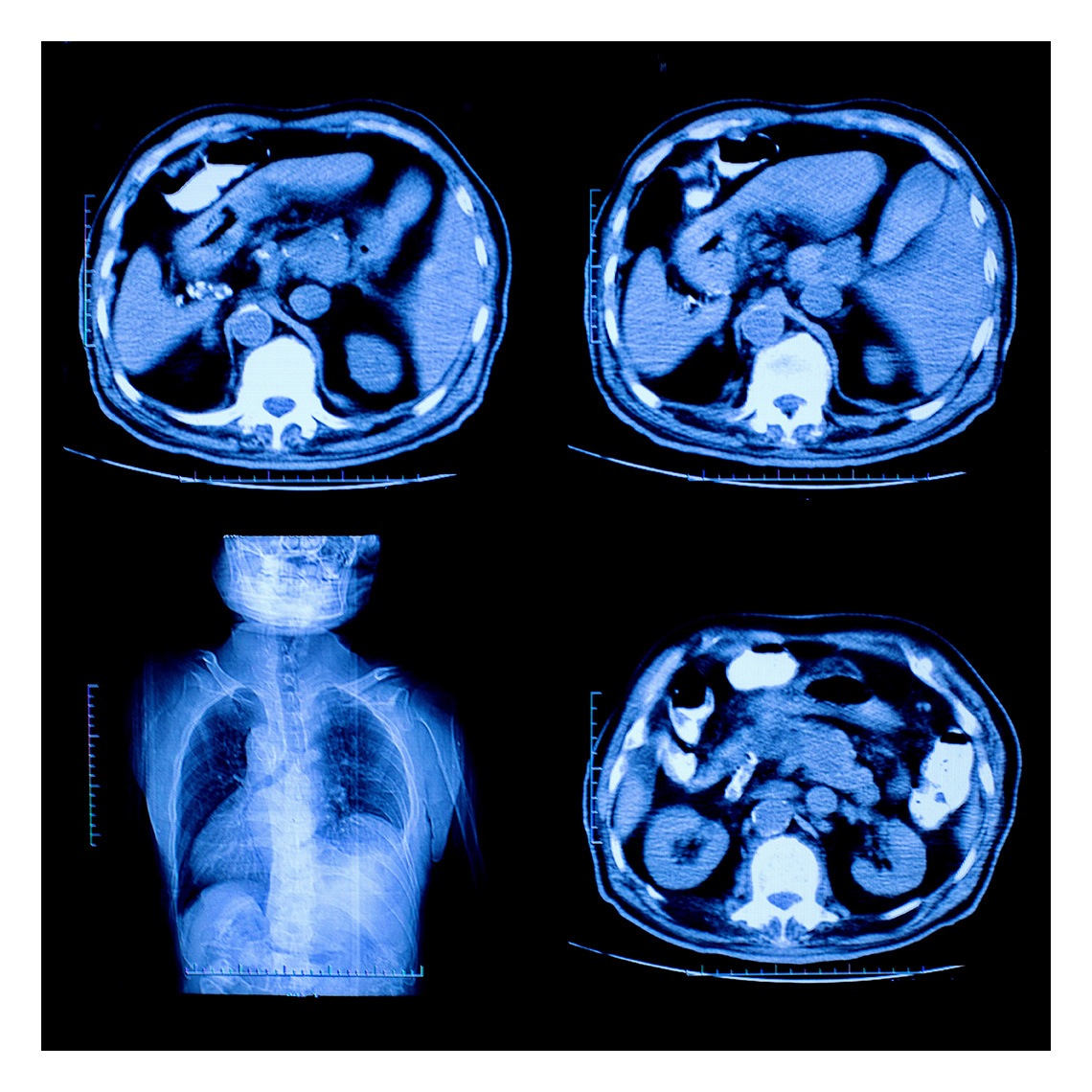Newsletter
CRICO Insights: April 2019
Apr 16, 2019

CRICO Insights: April 2019
Key Ways to Rise Up When EHRs Are Unexpectedly Down
What you can do before, during, and after an unexpected Electronic Health Records (EHR) system fail.
| • | Participate in EHR downtime drills. |
| • | Know where, how, and to whom to go to for downtime/recovery updates. |
| • | Communicate responsibly to patients about the downtime status and safeguards in place. |
| • | Practice safe information exchange, including verbal and paper handoffs. |
| • | Acknowledge the extra work and increased risk of burnout; support fellow workers and reach out if overwhelmed. |
| • | Wait for the “all clear.” Downtime isn’t over for you until it’s over for everyone. |
Learn more: EHR Downtime: What Clinicians Need to Know. Or, download the complete EHR Downtime Guidelines.
|
Is an Apology After an Adverse Event Treated as an Admission of Negligence? Short answer: No. However, some types of apologies are better than others. Get the FAQs about dealing with adverse events...
|
|
Fatal Misplaced Tube Casts Light on Supervision? A 75-year-old woman with respiratory failure had her oral gastric tube replaced with a Dobhoff nasogastric tube, which led to her death. Dr. Laura Myers assesses the case...
|
|
A Forgotten Stent Patient suffers an infection when a biliary stent that should have been removed after three months is discovered still in place after 12 months. What went wrong?
|
|
Convenient Bundles for CME We provide prepackaged sets of content to make earning your 0.5 Risk Management Category 1 Study in Massachusetts easy-peasy. There’s something for everyone...
|
Latest News from CRICO
Reforming the Medical Liability System in Massachusetts Communication Apology and Resolution (CARe)

The Safety of Outpatient Health Care



 PODCAST
PODCAST CASE STUDY
CASE STUDY